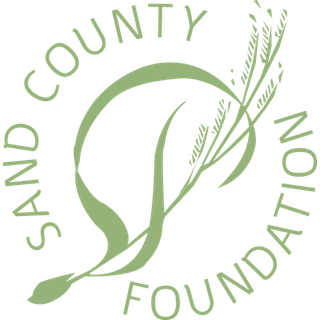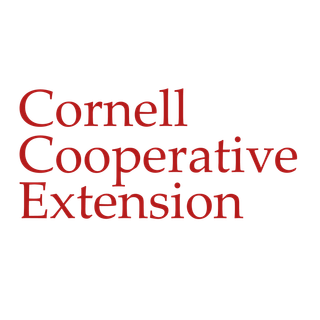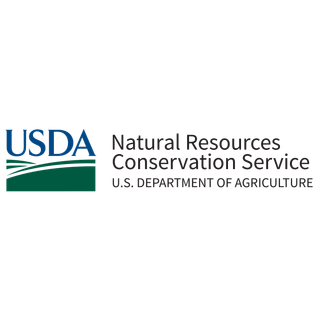Every seed is planted with purpose at Sunnyside Farms. Brothers Greg and Neil Rejman say it has been that way since their grandfather milked 14 cows by hand.
Today the Rejmans manage a dairy herd 378 times its original size, but the farm’s commitment to conservation has not changed.
With 5,000 dairy cows, and 4,000 heifers and calves on 7,500 acres, the sheer size and scale of Sunnyside Farms is impressive, but what happens behind the scenes and beneath its soil is what’s most remarkable.
The Rejmans have managed their family’s farm in New York’s Finger Lakes region since the 1990s. The farm is situated six miles to the east and west of Cayuga Lake and Owasco Lake, which provide drinking water to nearly 150,000 people. They’ve done what is right, instead of what is easy, to protect the water quality of area lakes.
Buffer strips and grass waterways line their corn fields. Facilities were designed to recycle wash water from the milking parlor and capture leachate from their silage storage bunkers. Instead of growing corn on about 900 acres of steep-sloped, erosion-prone farmland, permanent hay fields and grasslands have been established. Each year 100 acres of grass is reseeded to maintain soil stability.

Soil stabilization practices, like growing cover crops and reduced tillage, increase the soil’s capacity to infiltrate water, cycle nutrients, and sequester carbon, while decreasing erosion and runoff. Cover crops provide a year-round layer of protection and biodiversity to the soil on the farm’s more than 3,500 acres of corn. To reduce the negative impacts of soil compaction, machinery at Sunnyside Farms is purposely equipped with flotation tires.
The Rejmans completed stream stabilization projects, and a variety of conservation practices, in collaboration with the Cayuga County Soil and Water Conservation District, which underscores their dedication to environmental stewardship. Their efforts have resulted in more habitat for wild turkey, geese, ducks, bald eagles, and ospreys.
In 2008, in addition to its significant manure storage system, the Rejmans invested in a manure digester which separates solids from liquids. Solids are recycled as bacteria-free livestock bedding. As part of the farm’s precision nutrient management system, liquids are injected as fertilizer into crop fields, rather than spread, to reduce runoff potential.
More than 10 miles of underground piping transfers manure from the storage facility to the field. This reduces the need for heavy manure hauling equipment on rural roadways, and likewise eliminates the potential for manure spillage onto roads or ditches. Recently, cover and flare systems have been added to manure storage facilities to mitigate odor and methane’s greenhouse gases.
Sunnyside Farms has also adopted an experimental pest management plan, utilizing nematodes in place of pesticides, to reduce or eliminate chemicals that can persist in the environment. Such innovations are aided by the farm’s proximity to Cornell University. As host for a variety of crop and dairy research projects, the Rejmans consider themselves lucky to learn from the expertise of Cornell’s professors and graduate students.
They also credit Sunnyside Farms’ team of about 70 staff with helping them demonstrate agriculture’s resiliency in a changing climate. Off the farm, the Rejmans are members of Partners for Healthy Watersheds, Owasco Lake Watershed Inspection Committee, and Cornell’s External Nutrient Management Committee.







